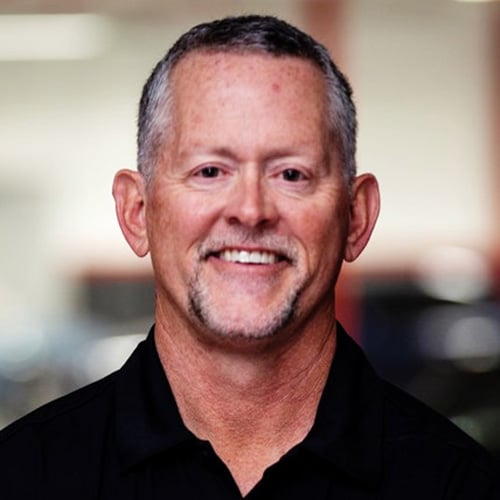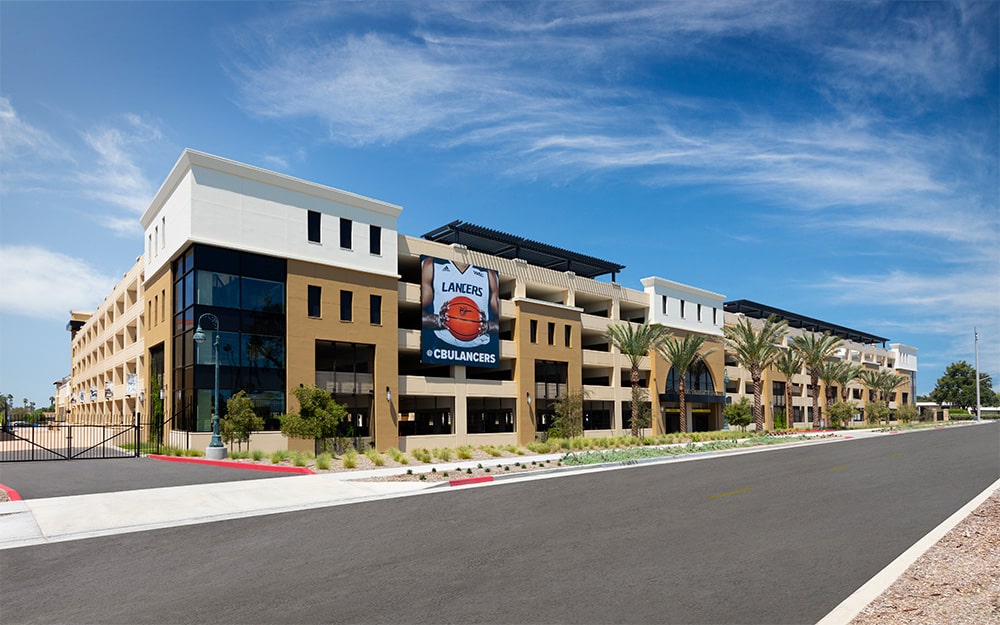Home » Leadership Moment » Developing Leaders
Leadership Moment
Developing Leaders
stock.adobe.com / Dezaypro gmail com
Three Key Lessons Learned
"I started out as a child."
—Steve Martin
To provide some context on my background, I grew up on a 600-acre farm in west-central Indiana in a town of around 400 people. I learned to work hard—pressed into service by my dad and grandpa—as well as the value of a dollar, since that was my hourly wage when I started doing “productive” work on the farm. After graduating from my very rural high school, I headed off to Purdue where I completed an engineering degree, and then I landed at IBM in a technical sales role.
My experience at IBM fundamentally shaped my professional journey in multiple ways. The first was that I learned the basics of individual performance and responsibility: integrity, delivering on commitments, providing great customer service, and the pursuit of excellence. The second is that I got to experience very different management styles in the first two managers I had back- to-back. The first was a fair, selfless, win/win, caring individual for whom I wanted to move heaven and earth (he also introduced me to The Seven Habits of Highly Effective People which remains the best personal development book I’ve ever read—if you haven’t read it, buy a copy). My next manager was just the opposite: an arrogant, obnoxious, unreasonable credit-taker, who was universally reviled. While I didn’t enjoy my time working for him, I learned as much or more from him than my first manager, because it helped me determine the kind of leader I did NOT want to be. I was fortunate to have this unique experience so early in my career.
Key Takeaway #1
You can learn as much from a bad example as a good one. Don’t waste the opportunity.
When we started T2 Systems in 1994, I had zero experience managing and leading people, let alone starting and running a company. All I had to lean on was my great foundational IBM training around service, respect, and excellence, as well as what I had learned from my managers along the way– both good and bad. My daughter was born a month after we started the company, so many elements of learning to be a dad to a daughter ran parallel to learning how to lead and run a company. And there were parallels.
I believe leading, developing, and managing young professionals has a good deal in common with raising, developing, and parenting kids. It’s a constant balancing act to determine when to encourage, when to instruct, when to scold, and when to just listen. The adage “no one cares how much you know until they know how much you care” is true in both situations. Before those of us with more experience (i.e., us older folks) can effectively impart lessons from our own experiences, we must have built quality, meaningful relationships with the young professionals on our teams and in our networks; otherwise, the counsel can be received as “yada yada yada”.
Key Takeaway #2
Caring and personal relationships are essential in giving and receiving mentorship, guidance, and counsel.
The most effective leaders have failed repeatedly in all areas of life. It’s what they do with the learnings from those failures that separate them from others. Too much focus on past failures can cause some to think that no matter how hard they try, they just can’t get it right, which can lead to a self-defeating perspective. Insufficient analysis of past failures, on the other hand, wastes the opportunity to learn, grow, and adapt to make different, more informed decisions in the future. That’s why we must allow our young professionals and leaders to fail so that they can introspectively grow, learn, and recover from those mistakes while maintaining a positive view of their future. These are also great teaching and mentoring moments because the receptivity at that moment in time (or soon thereafter) is typically quite high.
Key Takeaway #3
Failure is a key ingredient in effective leadership development. Accept it, embrace it, and let it help prepare you for leadership opportunities.
In my career, nothing has given me more joy than to see younger members of my team grow and thrive professionally, whether taking on management responsibility or technical leadership. It’s great when I’ve been able to provide those opportunities inside the organization, but sometimes it doesn’t work out that way. I’ve lost promising folks to other organizations because we just didn’t have the right role for them at the right time. And while that has sometimes been painful, it simultaneously warms my heart to know that I played a small part in their development and their leadership preparedness, and that I can be confident in their personal and professional success.
And isn’t that what leadership is truly all about? ◆
-
This author does not have any more posts.












